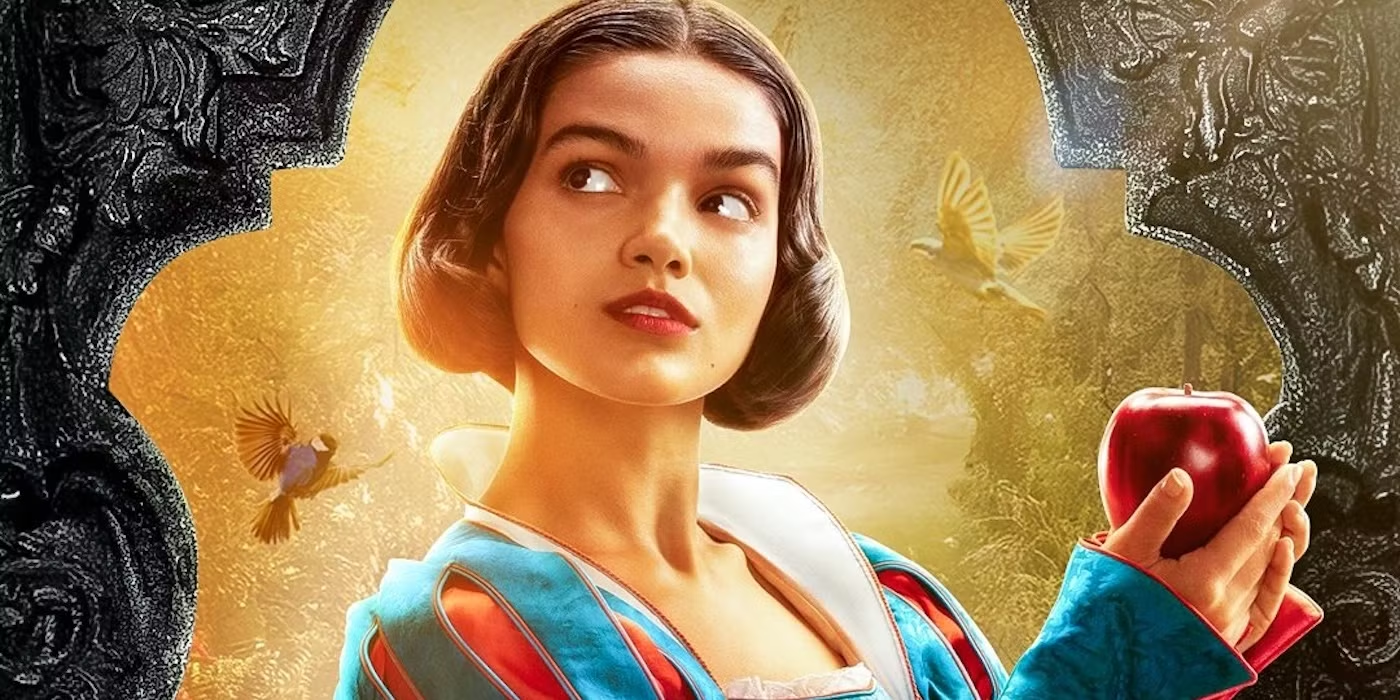

By Audrey Ze
Disney’s Snow White (2025) was supposed to be a groundbreaking reimagining of the classic 1937 animated film, but instead it became one of the most controversial live-action adaptations in recent history.
At the heart of the debate was the film’s feminist message, one that challenged traditional fairy tale norms. Yet the film faced significant backlash from audiences and critics alike.
From the beginning, Disney publicized this Snow White film as a modernized take on the iconic princess.
Actress Rachel Zegler, known for her role in West Side Story, openly spoke about how this version of Snow White would not be centered around romance, but rather on self-empowerment and leadership.
“She’s not dreaming about true love; she’s dreaming about the leader that she can be,” Zegler said in early interviews.
This shift in narrative reflects a broader trend in Hollywood, where classic female characters are being reinterpreted through a feminist lens. Rather than waiting for a prince to save her, Snow White would forge her own destiny.
However, this progressive approach was met with mixed reactions.
While some praised Disney’s attempt to modernize the story, others criticized it as a rejection of the film’s romantic origins.
From the moment Zegler was cast, controversy surrounded the film.
Some traditional Disney fans were unhappy with the casting of a Latina actress in the role of Snow White and her tension with Disney kept on growing, especially after she continued posting politically charged opinions online. Disney even brought in a social media expert to help her manage her accounts.
The backlash intensified as promotional efforts for Snow White continued.
The CGI version of the Seven Dwarfs further fueled criticism, as well as the cheap-looking costumes. As a result, Disney made the unprecedented decision to limit press coverage of the film’s Hollywood premiere, relying solely on in-house photographers.
Despite high expectations, Snow White struggled at the box office. Its opening weekend saw a domestic total of $87 million, a low figure given its $270 million budget.
Internally, Disney executives reportedly lost faith in the film’s ability to recover from the backlash.
Gal Gadot, who played the Evil Queen, distanced herself from the controversy, allegedly blaming Zegler’s “narcissistic personality” for much of the film’s negative reception.
Ultimately, Snow White serves as a case study in Hollywood’s ongoing struggle to balance nostalgia with modern social movements. While the film’s feminist message was meant to empower, its reception suggests that audiences may not be ready to completely abandon the fairy tale tropes that have defined Disney’s legacy for nearly a century.

Be the first to comment